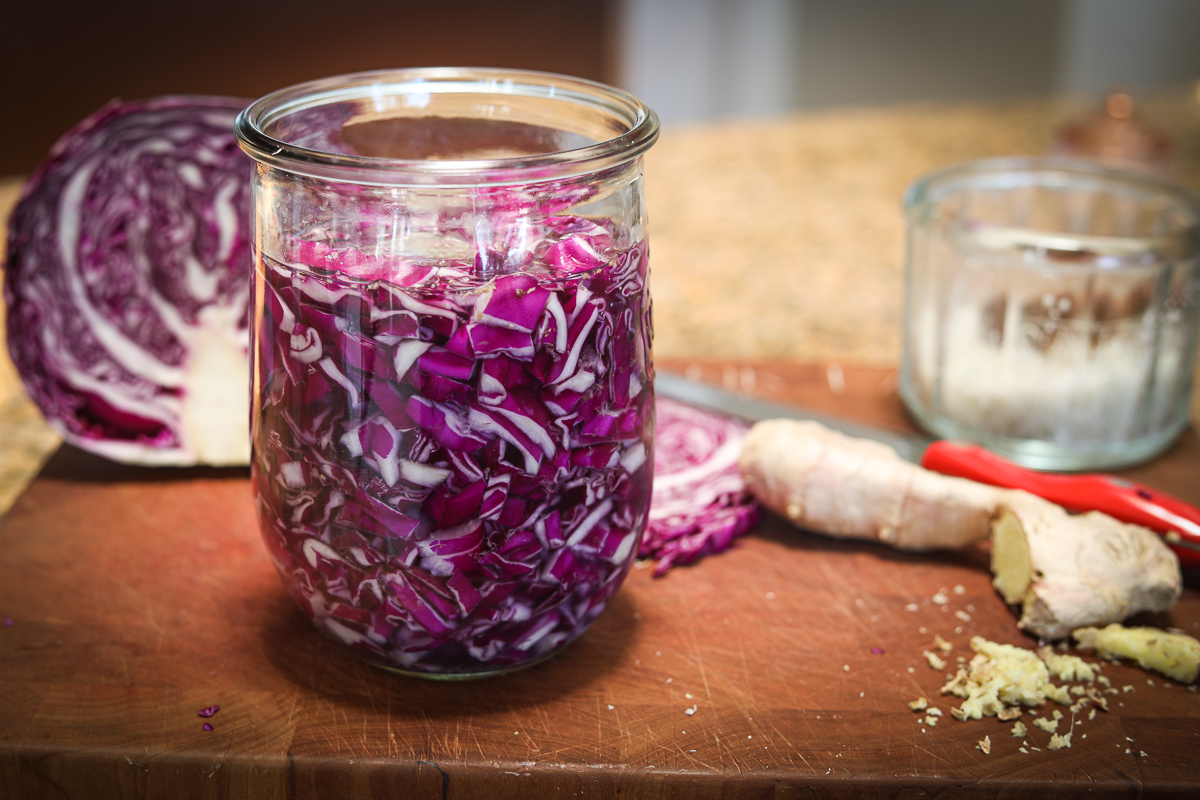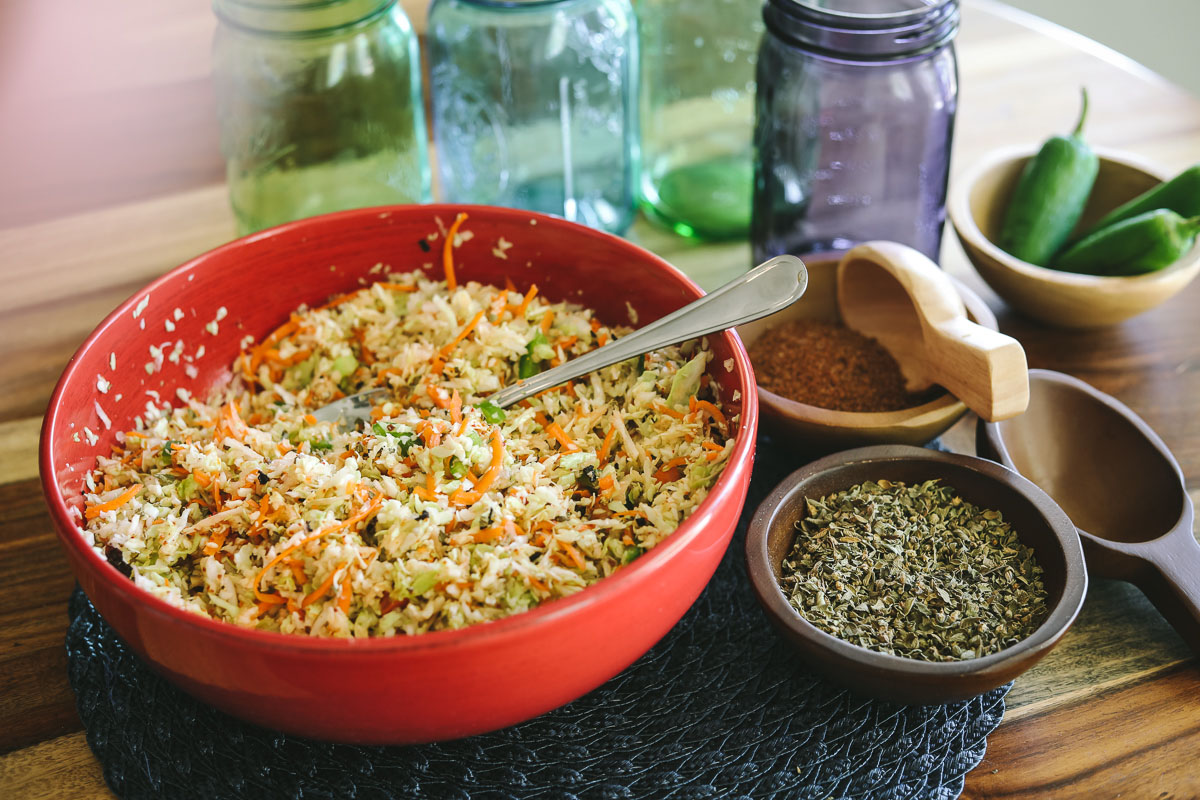
Sauerkraut and Your Gut Barrier – Nature’s Fermented Defense
The Kraut Connection
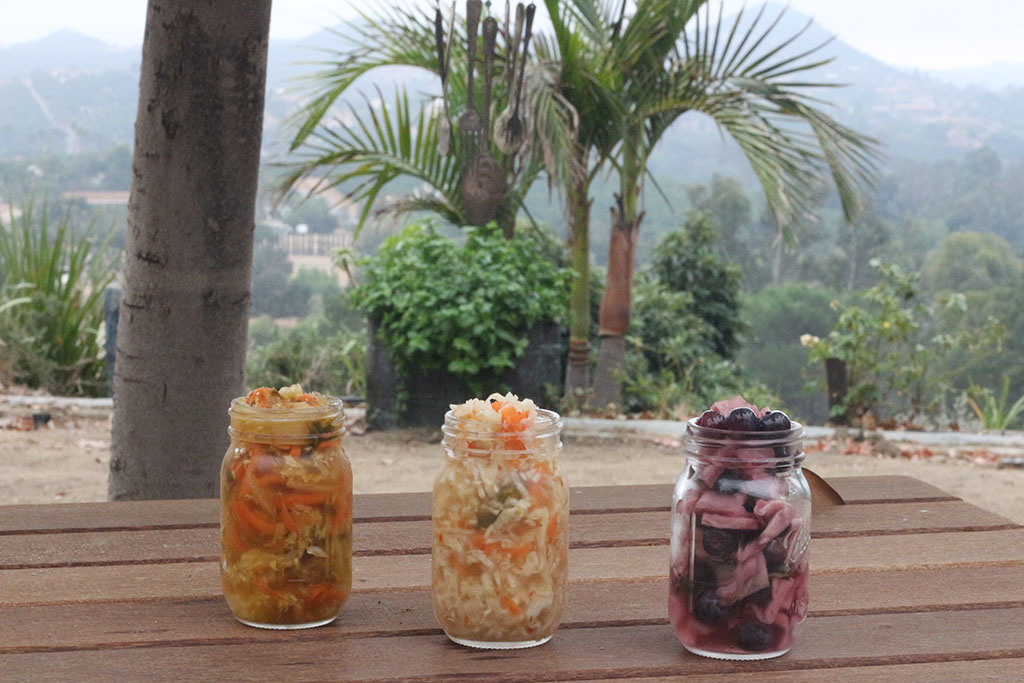
There’s something magical that happens when you take a humble head of cabbage, some salt, and a little time. It bubbles and transforms into a probiotic-rich food that’s been healing and nourishing people for centuries. But now—thanks to some remarkable new research—we're learning just how powerful this fermented food can be in protecting the gut in ways we never fully understood until now.
I’ve seen fermented sauerkraut change lives. I’ve watched it soothe digestion, calm inflammation, and even help people tolerate foods they couldn’t eat before. And now the science is starting to catch up with what many of us have already witnessed firsthand in our kitchens and our bodies.
The Gut Barrier – Why It Matters
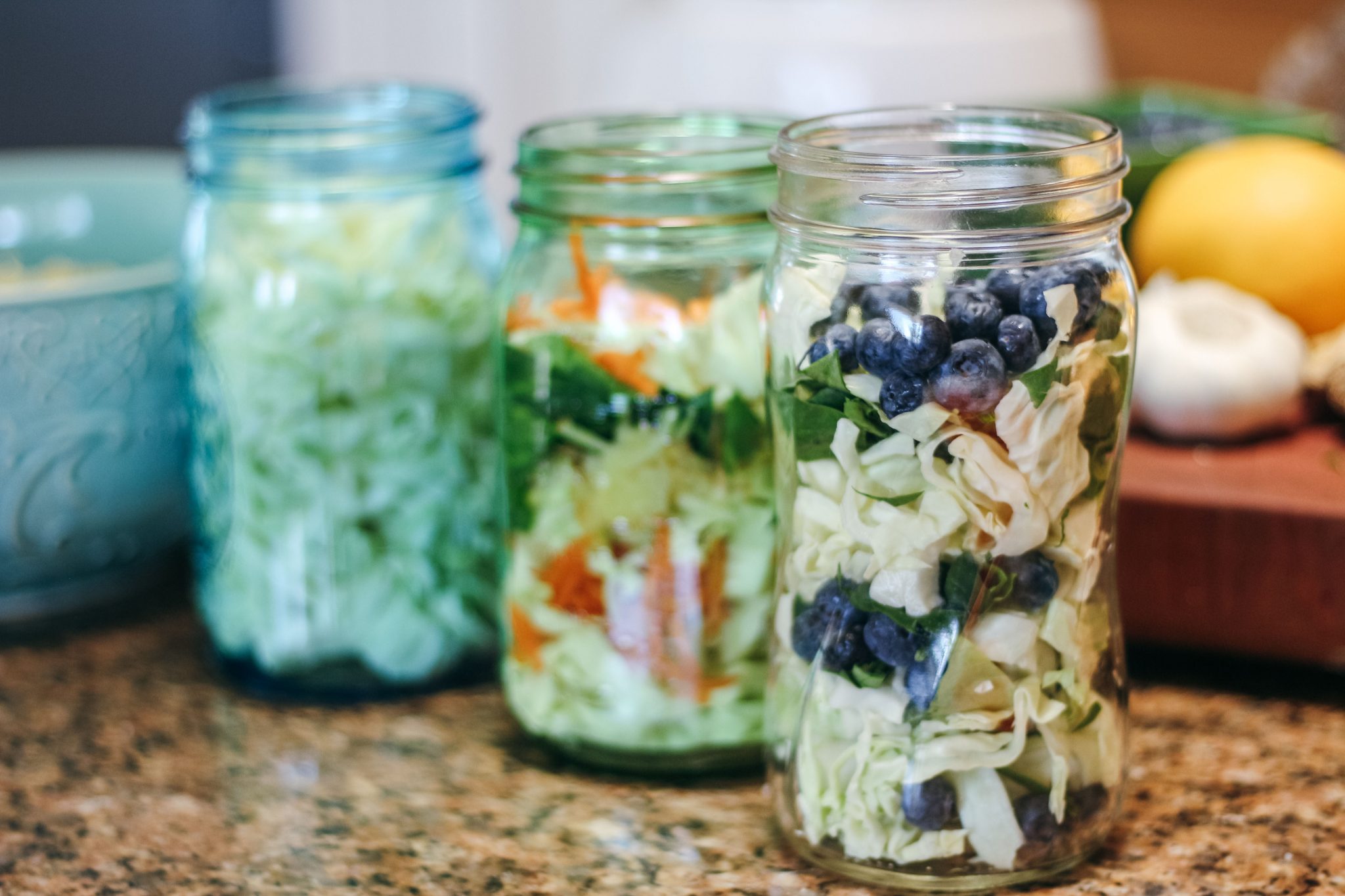
Your gut lining is like a protective wall between the outside world and your inner body. It’s made of tightly joined cells that decide what gets in and what stays out. But when that wall becomes damaged—whether by stress, processed foods, antibiotics, or chronic inflammation—it becomes “leaky,” and that’s when problems start.
In this new study published in Applied and Environmental Microbiology, [1]scientists looked at how fermented cabbage (sauerkraut!) can protect the gut lining when it's under attack by inflammatory compounds. And what they found is so exciting, I had to share it with you.
In this study, researchers used human gut cells exposed to inflammatory triggers (the kind your body produces when it's under stress). Then they treated the cells with extracts from both raw and fermented cabbage. Only the fermented version—sauerkraut—protected the gut barrier. Raw cabbage and even just the sauerkraut brine didn’t have the same effect. It was the whole fermented cabbage that made the difference.
That’s because fermentation doesn’t just preserve cabbage—it transforms it.
🥬 A Symphony of Protective Compounds
Through fermentation, cabbage develops a whole library of powerful metabolites—bioactive compounds you don’t get from raw vegetables. The researchers found more than 300 unique substances in sauerkraut, including lactic acid, amino acid derivatives like GABA, indole-3-lactate, and D-phenyl-lactate. These help strengthen the gut lining, support nervous system function, and even regulate inflammation.
Now here’s something interesting: when the researchers isolated just a few of these compounds and tested them alone, they only had partial protective effects. But when the whole fermented cabbage was used—with all those beneficial compounds working together—the gut cells were fully protected.
This is what I’ve always felt in my heart: the wisdom of whole, living foods is greater than the sum of their parts. Nature always knows best.
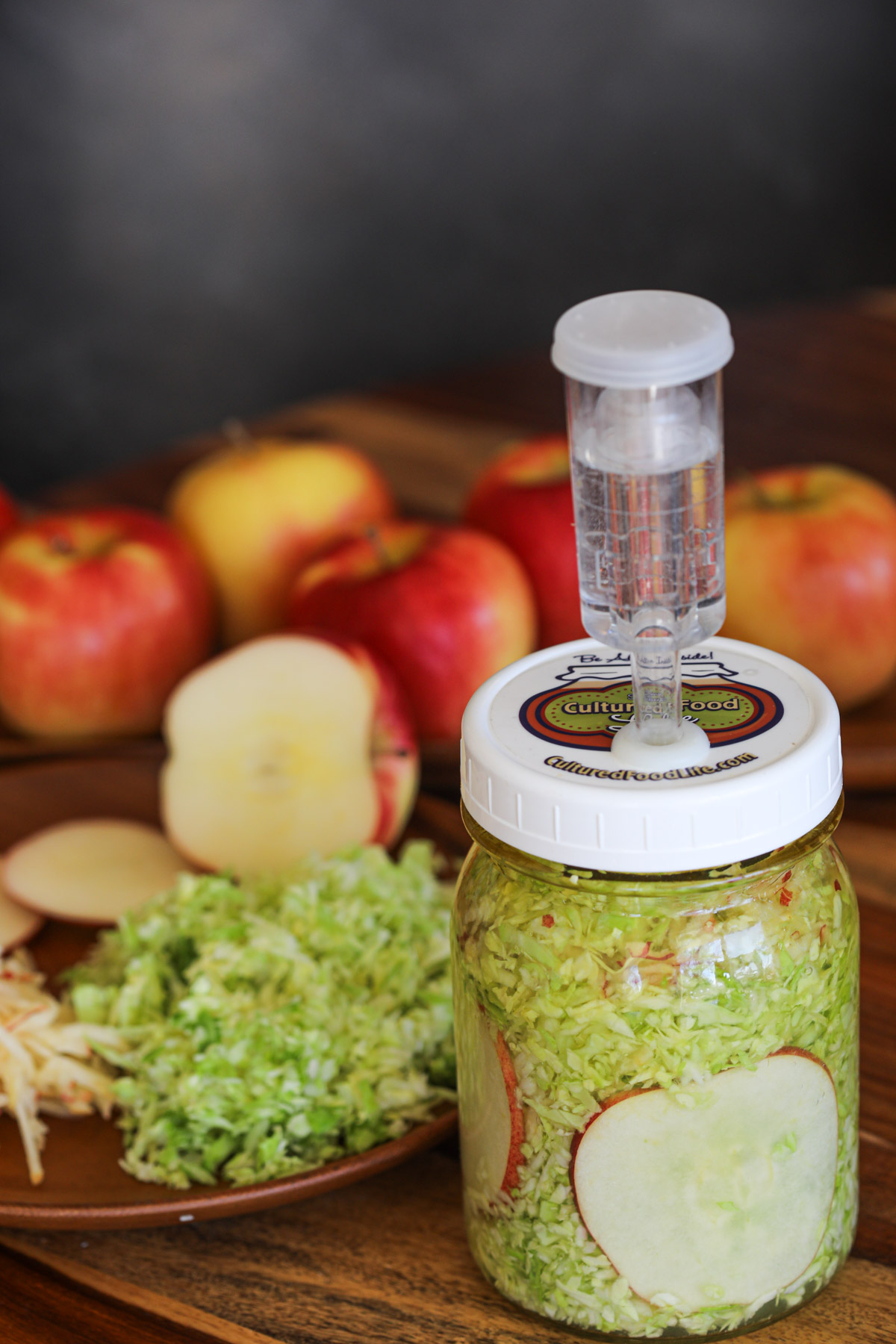
How to Use Sauerkraut for Gut Health
If you’ve ever made a batch of sauerkraut at home, you already know how alive it is. The fizz, the tang, the vibrant flavor—it’s bubbling with life. And it turns out, those bubbles are more than just a fun kitchen experiment. They’re part of what makes this food so good for you.
If you’re just starting out:
-
Begin with 1 tablespoon a day, especially if you’re new to fermented foods.
-
Eat it with meals to help digestion and feed the good microbes already in your gut.
-
Always choose unpasteurized, traditionally fermented sauerkraut, as heat destroys the very microbes and metabolites that help you heal.
And if you make it yourself (which I highly recommend), know that you’re not just preserving food—you’re crafting medicine.
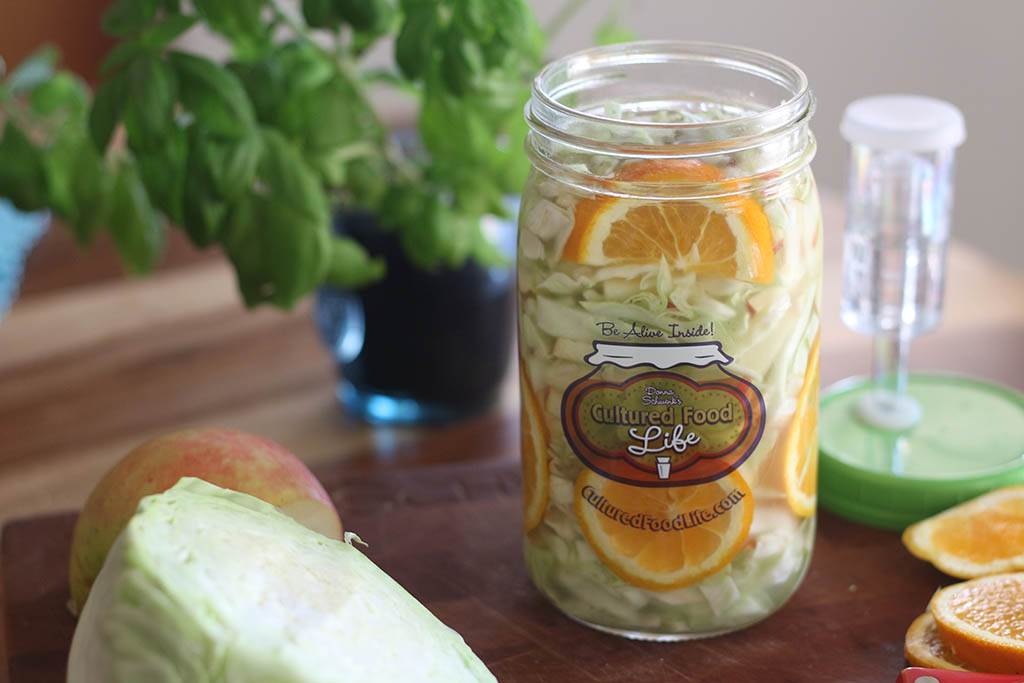
🌿 Fermented Foods For Life
For nearly two decades, I’ve been eating fermented foods, sharing them with my family, and watching them work miracles in others. This study is just one more beautiful reminder that we’re on the right track.
Fermented foods are the body’s allies. They don’t just pass through—they interact with you, they teach your gut, and they help restore what modern life has tried to take away.
So next time you see that bubbling jar of kraut on your counter, know this: you are holding something powerful, something ancient, and something deeply healing.
🌶️ Bonus: Kimchi—A "Superfood" for Weight and Gut Microbiome Support
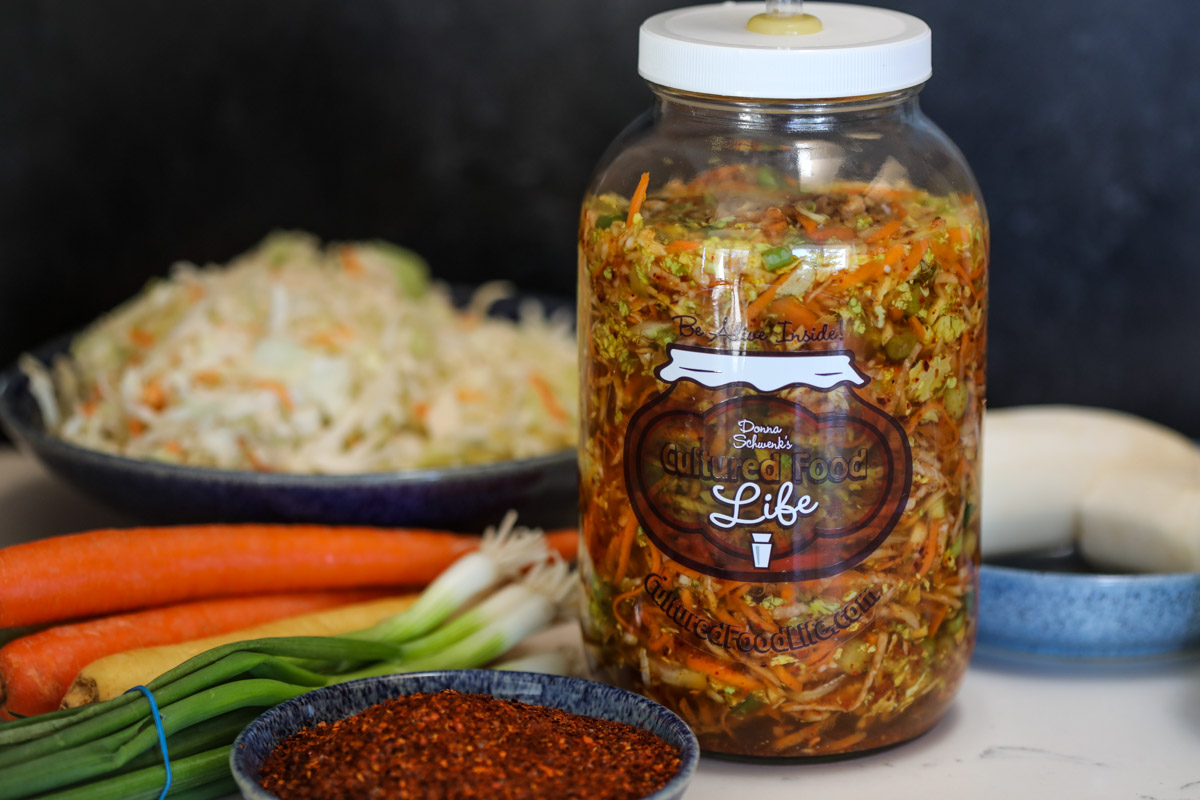
A clinical trial published in the Journal of Functional Foods, conducted by the World Institute of Kimchi in collaboration with Pusan National University Hospital, put this to the test. Ninety overweight adults (BMI 23–30 kg/m²) were given freeze-dried kimchi powder capsules—about 3 grams per meal, equivalent to 60 grams of actual kimchi daily—for 12 weeks. Compared to a placebo group, people eating the kimchi capsules experienced an average 2.6 % reduction in body fat, while the placebo group gained about 4.7 % body fat. [2,3,4]
Beyond shedding fat, the kimchi group showed positive shifts in their gut microbiome—an increase in the friendly Akkermansia muciniphila and a drop in inflammation-associated Proteobacteria—changes often linked to better metabolic balance
This makes kimchi not just a flavorful condiment, but a functional fermented food that works on multiple levels: nurturing gut bacteria, supporting metabolism, and potentially easing body fat.
Takeaways from the Study:
-
The capsules were made from freshly fermented kimchi, then freeze-dried to retain its probiotic and bioactive compounds.
-
The dose used in the study (180g/day of kimchi, or 60g/meal) is well within the range of what someone might eat with meals traditionally—especially in Korea, where kimchi is a daily staple.
-
The health benefits—fat loss, gut microbiota improvement, and reduced inflammation—are attributed to the whole matrix of fermented kimchi, not just isolated compounds.
So yes, if you’re eating real, raw, unpasteurized kimchi (the kind bubbling with life), you are likely getting the same benefits—perhaps even more, since nothing has been processed or dried. The fermentation process naturally creates bioactive peptides, postbiotics, and probiotics that interact synergistically to support your metabolism and microbiome.
If you are wondering what postbiotics are, they are the beneficial compounds produced when probiotics (live bacteria) ferment fibers or other substrates in the gut (or in cultured foods).
They are not live organisms like probiotics, but rather the bioactive substances that result from their activity. These include:
-
Short-chain fatty acids (SCFAs) like butyrate, acetate, and propionate - essential for gut lining health and reducing inflammation.
-
Enzymes and peptides that aid digestion and regulate immunity.
-
Cell wall fragments and metabolites from probiotic bacteria that can directly signal to the immune system.
-
Vitamins such as specific B vitamins and vitamin K.
🍽 Note:
If you make kimchi at home or buy a fresh, refrigerated version (not pasteurized), you're likely giving your body the same tools used in the study—living microbes, natural enzymes, and protective plant compounds. I love adding a tablespoon or two to lunch or dinner. It lights up your taste buds and your gut all at once!
🥬 Recipes
Kraut Recipes
Kimchi Recipes
Listen To My Podcast
Discover how a humble jar of sauerkraut can become one of your gut’s strongest allies. In this episode, I share groundbreaking research showing how fermented cabbage protects the gut lining in ways raw vegetables can’t—thanks to over 300 powerful compounds created during fermentation. You’ll learn why sauerkraut soothes digestion, supports your microbiome, and works best as a whole, living food. Plus, we’ll explore an exciting study on kimchi and its role in metabolism and weight support. If you’ve ever wondered why fermented foods feel so healing, this is the episode for you.
Are you on the list?
Sign up today and I'll send you my free Getting Started Guide!
Each week I'll send you updates, tips, recipes, and more! You might even be a winner of my weekly giveaway! (starter cultures, memberships, and more!)
Come be a part of my cultured food family!

